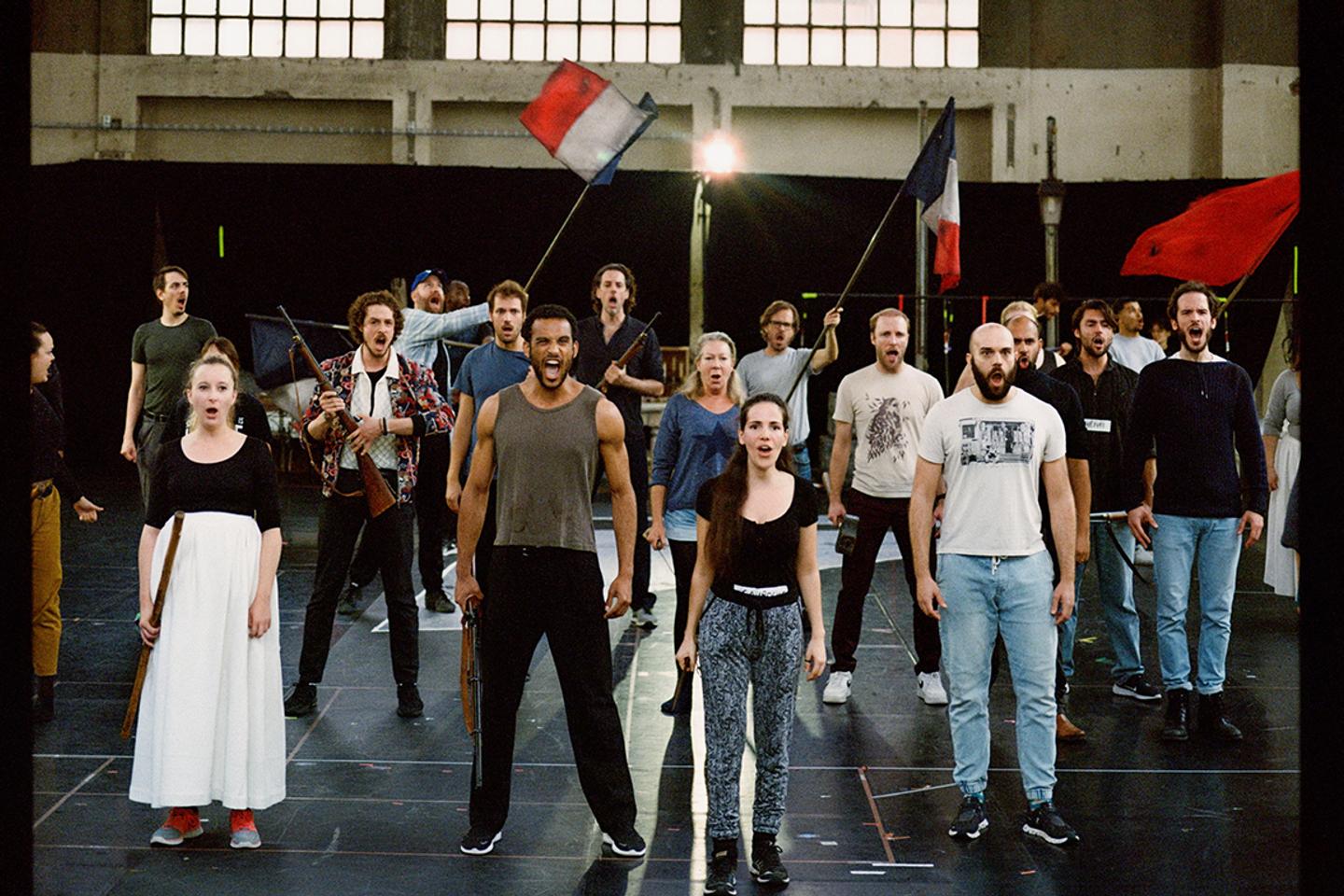In Haiti, gangs defy the multinational force – Technologist
A dozen bullet holes in the windshield and side windows of an armored vehicle belonging to the Haitian National Police (PNH) bore witness to the danger of patrolling the streets of the center of Port-au-Prince. Inside, behind heavy metal shutters, four masked officers from the crowd control and intervention unit, dressed in fatigues, scanned the streets of the Haitian capital. One of them pointed his submachine gun out through a slightly open slit.
The historic center offered a post-apocalyptic vision: The avenues were deserted, littered with debris and flanked by ruined buildings. Large concrete blocks and the charred remains of cars blocked access to some streets. “We can’t turn left: The road is blocked, it’s too dangerous,” said the young deputy patrol leader at the wheel who, like his colleagues, requested strict anonymity. Like 80% of the Port-au-Prince metropolitan area, this once-critical sector is now controlled by armed gangs who have been wreaking havoc in the capital for several years, against the backdrop of Haiti’s serious political crisis.
Near the remains of the prestigious Lycée Alexandre-Pétion, Rue Pavée runs through the stronghold of the Krache Dife gang. The thugs “are in every house,” explained the friendly officer at the wheel. “These guys are running away,” he said, pointing to a motorcycle speeding down the street. Yet the police vehicle kept driving: “As soon as we open the armored car door, they shoot at us.”
Shattered city center
The few silhouettes emerging around bullet-riddled facades were not always signs of danger: Many residents were still living and surviving in the shattered city center. A man in ragged clothes pushed a wheelbarrow loaded with large bags. A woman in a red beanie swept a crossroads. Her effort seemed futile amid the mounting piles of garbage. “These people have resigned themselves to living with the gangs,” said the armored vehicle driver, sadly. He slowed down to cross a wide trench in the street. The vehicle nearly toppled into the ditch, filled with brownish water and garbage, but the officers in camouflage outfits, used to such swerves, remained unperturbed.
The PNH is on the front line of this ever-worsening security crisis. At least 3,661 people have been killed in the country since the start of the year, announced the United Nations High Commissioner for Human Rights on September 26. As a result of this spiral of violence, more than 700,000 people have been forced to flee their homes and take refuge elsewhere in the country, according to the latest figures from the International Organization for Migration.
You have 68.61% of this article left to read. The rest is for subscribers only.

